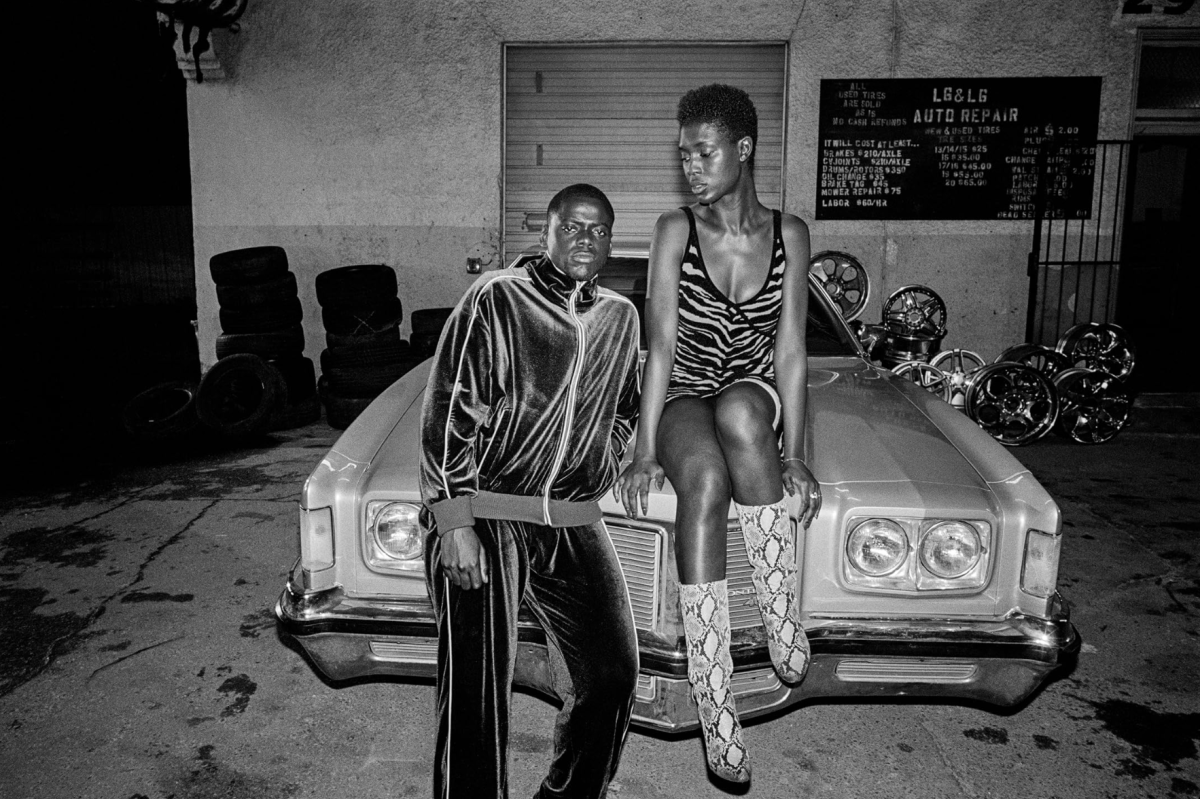There’s a lot of power in first looks. Take one first look at me, and you might immediately think, “girly girl.” I am known for wearing dresses and skirs. I know this because of the few days out of the year that I wear pants, it is the first thing people who know me notice.
But is there a negative connotation with being “girly,” so traditionally feminine? Or is there a power in it?
Like many, I used to associate dresses and skirts with being too stereotypically gendered. They were ways to hold us girls back, this thinking went, and to remind us that we needed to separate ourselves from boys.
A self-professed tomboy who preferred being one of the boys, I insisted on hoodies and jeans until sometime in high school. Looking back, I see this choice as one many adolescent girls wrestle with, to avoid any association to being female, thus weak.
Growing up, I watched my mother, who taught elementary school, prepare her outfit every morning. In her late forties and even after her 50th, she would often laugh about still not considering more “conservative” fashion.
She wore lots of skirts, often strappy wedge heels and was always adding to her collection of vintage jewelry. Without fail, people always told her she looked fantastic, Even in high school, she was named “Best Dressed” in her class ‘73. She believed in the power of being well dressed.
The message didn’t resonate with me until later. She planted the idea that I need not wear pants to be taken seriously by men, and that I could feel confidence and strength in a dress, wearing my femininity front and center.
Is there really a power in displaying femininity, when so many girls continue to shy away from it as I did in search of that equal ground with men?
Vanessa Friedman wrote a fantastic story for The New York times focusing on Michelle Obama’s choice to wear traditional dresses while visiting other countries promoting a “Let Girls Learn” education campaign.
Her fashion choices often hark back to 1950s, even the iconic early 1960s Jackie Onassis style. Her dresses are often bright, with full skirts, coordinating shoes, jewelry and purses.
Friedman notes that “it’s inarguable that such styles spark an almost Pavlovian response in the lizard brain: They bring to mind the decades when gender roles were codified and distinct, when women’s sphere was the home, and their game plan didn’t necessarily include a higher education.”
She adds how important it is to notice that there are no sharp shouldered power suits, now accepted as the uniform of women in the traditionally male-dominated worlds of business and politics, in sight on Mrs. Obama.
She is hardly the first woman married to a world leader that seems to favor fashion and femininity despite the demands placed on women in politics nowadays. Princess Diana also became an icon of female power and style with her inimitable taste and love of fashion, and its evolution came to symbolize her in the public eye.
Thus is the power of embracing fashion, and dare I say, femininity, as a tool of confidence and a symbol of empowerment. In her article, Friedman concludes, “How do you erase a stereotype? You confront it, and force others to confront their own preconceptions about it, and then you own it. And in doing so you denude it of its power.”
So why is there power in choosing to embrace this style? To me, it is almost a way to take back what was turned into a symbol of weakness.
It is a sham that to choose to wear clothes associated with traditional femininity is almost seen as a disgrace in the Western world. As women face more pressure than ever to keep up with men, does that mean ditching the lace and bows to mark our (somewhat) even footing with them?
What I know is my own experience. I wear dresses and skirts everywhere because that is what I like. People, particularly males, seem annoyed and confused, in surprising numbers, at my daring to always wear these.
I could say more on the inherent sexism of calling out a woman for dressing “girly” in the workplace, where she should command the same respect as her males counterparts. This simply demonstrates that we still have much progress to make in our society.
Whether I am “taking back” femininity and “girlie” clothes or simply choosing to ignore a stereotype to wear what I like, I know I am at my most confident when I am in a skirt. And there is nothing weak about that.







